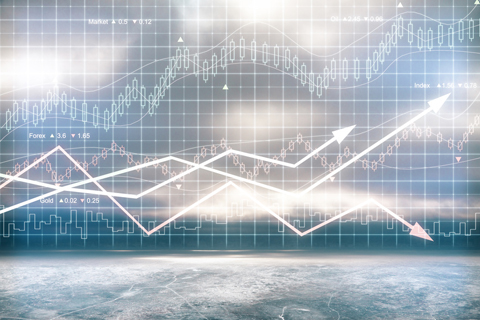LME considering trading ban on Russian metal causes turmoil on metal markets
by David Fleschen

On the metal markets, the news that the London Metal Exchange (LME) is considering a trading ban on Russian metal has caused turmoil. In addition to the LME prices for aluminium and copper, the nickel price in particular reacted, as Russia is a significant supplier for the world markets with a global production share of almost 10% and an export share of 15%. For aluminium it is about 5% each (according to OECD data). For refined copper, Russia accounts for 3.5% of global supply, according to the US Geological Survey (USGS).
According to a message on the LME website, however, they are only in the discussion phase. Until now, the LME had adhered to the official sanctions policy, under which metal trading is not affected. In the meantime, however, there seem to be increasing supporters of a trading ban within the exchange. Since some Western companies are already voluntarily boycotting metal imports from Russia, the impact of an LME ban could be less than feared. In addition, the new supply worries are still countered by more serious demand worries. In addition to the generally expected global growth slowdown in the wake of rising interest rates, high energy prices could also curb demand from the industry. Hopes for a sustained price recovery on the metal markets thus appear premature.
Source: Commerzbank Research, Photo: Fotolia

